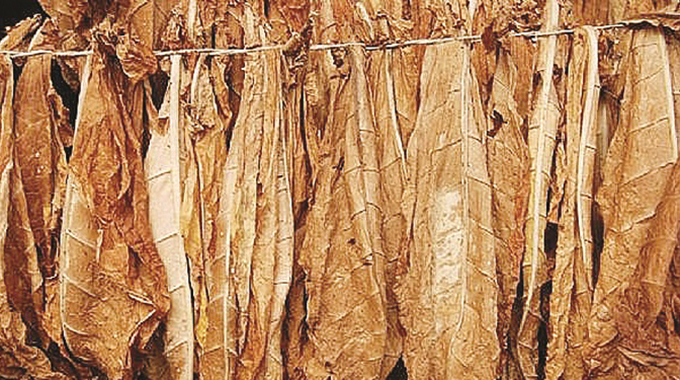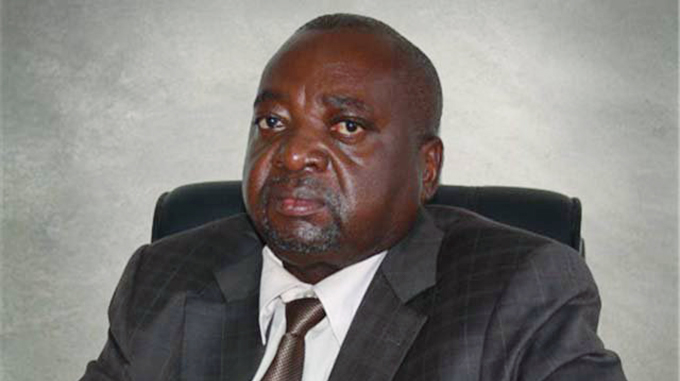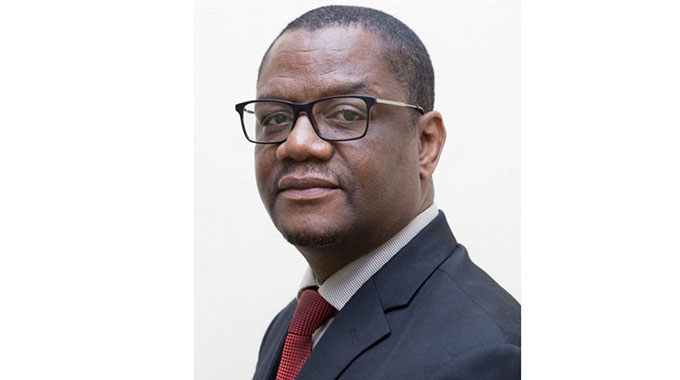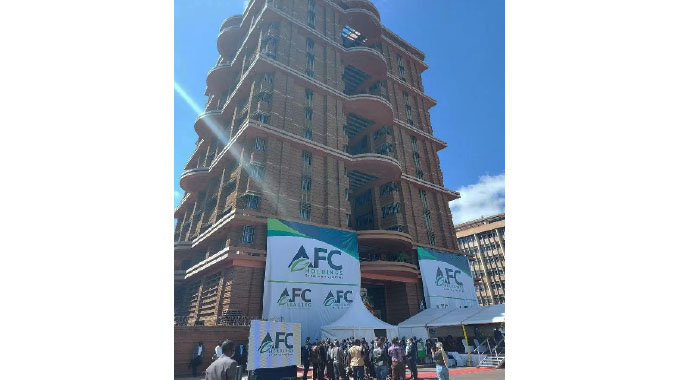Experts forecast record 2022/23 tobacco hectarage, as seed sales soar

Edgar Vhera
Agriculture Specialist Writer
AS seed sales for the 2022/23 tobacco cropping season remain on the ascend, experts in the industry have forecast the largest ever hectarage for the crop if all the seed sold so far is planted.
Statistics with the Tobacco Research Board (TRB) indicate that as of September 2, 2022 at least 925kg of tobacco seed with the capacity to cover 184 999 hectares had been sold.
Last season 798kg of seed capable of covering 159 664ha had been sold during the corresponding period.
TRB acting chief executive officer, Mr Oswell Mharapara said confirmed the development.
The previous largest area put under tobacco was 146 000 ha in 2019 while this year’s tobacco seed prices are 20 percent higher than last year’s at US$30 per ha.
Meanwhile, planting of the irrigated tobacco started on the 1st of September with the Tobacco Industry and Marketing Board (TIMB) revealing that they had come up with monitoring mechanisms for compliance on the part of contractors funding production of the crop to allay farmers’ anxieties over contract arrangements. Most farmers were disgruntled by the manner in which contractors handled business last season.
“As the 2022/23 season commences, TIMB is working towards standardising the inputs package offered by contractors to growers.
“We have come up with a compliance administration framework that every registered contractor should meet.
“This stipulates the minimum inputs package for both small and large-scale growers.
“The conditions also include the last date for inputs distribution for those who are contracted,” TIMB public relations officer Mrs Chelesani Moyo said.
She went on to say that as TIMB, the viability of the tobacco grower is at the epicentre of the tobacco industry’s future and as such they were mandated to ensure that growers got the most from their toil.
She added: “The pricing of tobacco being determined at the auction floors through a transparent system is justified as the grower is protected from any unfair pricing by the contractor who stands guided by the previous day grade price matrix obtained from the auction floors.”
Farmers, on the one hand, only foresee a slight increase in production if current and last season’s challenges are not addressed urgently.
Tobacco Farmers Union vice president, Mr Edward Dune said the challenges faced by contracted farmers last season could force some to reduce hectarages.
“For the 2022/23 season, smallholder farmers are likely to decrease or maintain the area under dryland tobacco due to lack of funds and other problems experienced with contract farming while no change on irrigated area is anticipated.
“The area under irrigated tobacco is likely to increase by about 10 percent from well off and financially sound farmers due to guaranteed quality, price and obtaining investment on the ground among this group,” said Mr Dune.
He cited perceived profiteering among contractors and the impoverishment of some smallholder farmers, as factors countering the planting of bigger hectarages.
“Contracting schemes need to be thoroughly analysed as some farmers are currently up in arms with their contractors whom they accuse of ripping them off through inflating prices upon sale of tobacco and deducting undeserved sums of money to leave farmers worse off,” continued Mr Dune.
Zimbabwe Farmers Union (ZFU) secretary general Mr Paul Zakariya concurred with him saying: “It is highly unlikely that there will be a big increase in tobacco hectarage this season if feelings from farmers especially those under contract farming are taken into consideration.
Many contracted farmers feel they were short-changed by contractors who collected from them money for insurance but did not submit the same amounts to insurance companies prejudicing them of cover in the event of natural calamities such as hail storms.”
Some farmers feel that contracts they signed with their contractors were not transparent especially on the invoicing of inputs. They were only told of their input bills right on the day when they sold their tobacco with the contractor first deducting funds for supplied inputs.
Mr Zakariya added that due to lack of openness and transparency in the contracting process as well as the last minute rush by farmers against time, a 50kg bag of fertiliser that cost US$40 at the time of input distribution, was priced at over US$100 during the tobacco marketing time.
He insisted that it was the responsibility of farmers to work with their associations for the contracting partners to be monitored on issues of fair play.
Mr Zakariya cited the issue of exchange rate disparity between the official and parallel market rate, as another issue that affected profitability of tobacco production.
“Though farmers received 75 percent of their proceeds in hard currency and the remaining 25 percent in local currency, input suppliers’ appetite to profiteer has seen them pricing their products either in foreign or local currency using high parallel market rates.
“This has made tobacco production unprofitable. It is therefore crucial for Ministry of Finance, Reserve Bank of Zimbabwe (RBZ) and citizens to work together to stabilise our currency,” said Mr Zakariya.










Comments